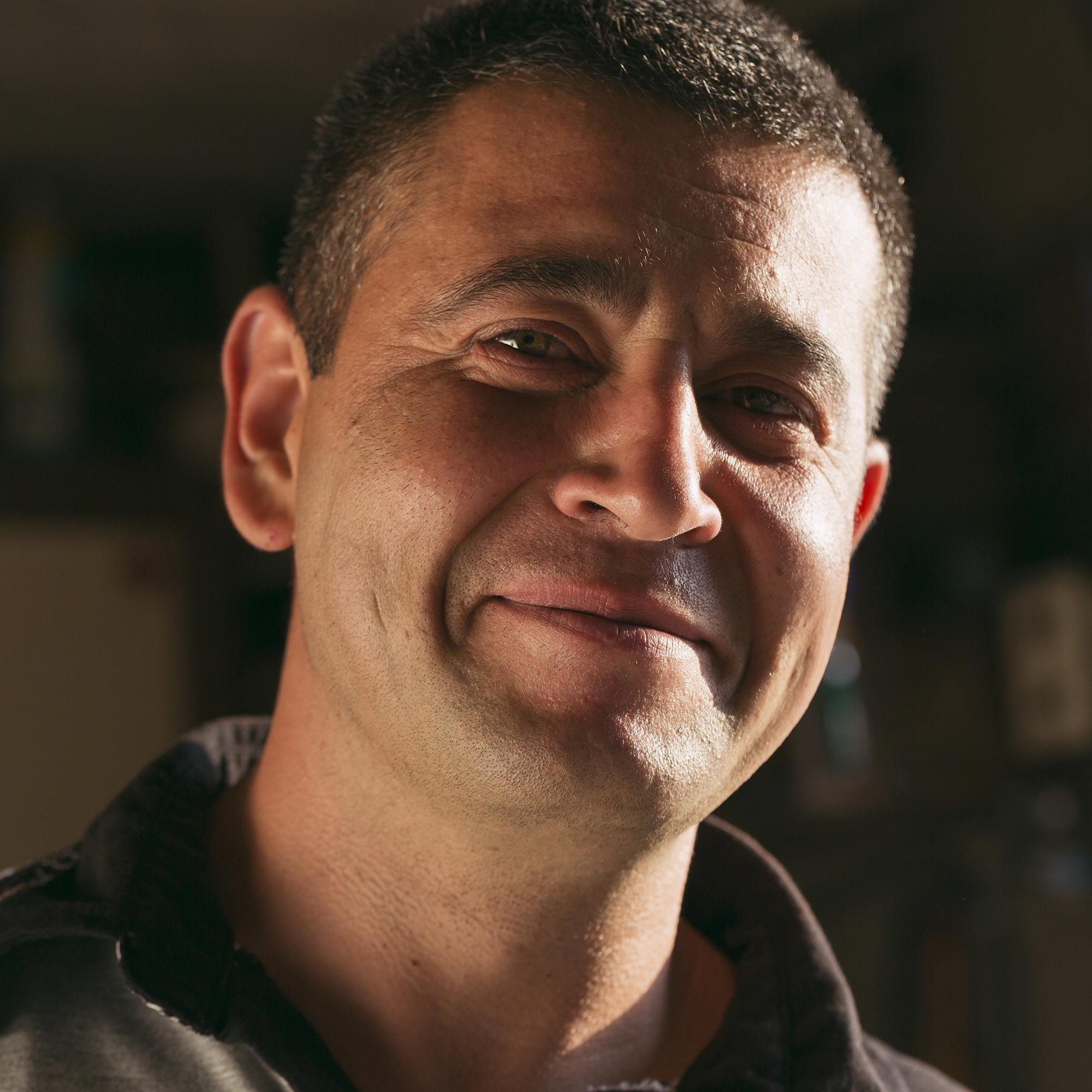

✓ Item added to cart
View Cart
Hand Carved Armenian Wood Amulet and Home Accent - Daghdaghan Amulet
Sourced
Guarantee
This hand-carved poplar wood Armenian amulet and home accent from artisan Armen Ohanyan is called a dagdaghan and decorated with Armenian ornaments. In the past, daghdaghans had a wide usage in the everyday life of Armenians, as a protection from the evil eye. It would be hung on entrance doors, in jars, by the bedstead and in any place to be protected. There were also special daghdaghans made for children and cattle.
While making daghdghans, the craftsman should have only positive emotions and should avoid negative thoughts, as it is believed that the feelings of the craftsman are transmitted to the one for whom it has been made.
- Poplar wood
- 0.80 oz
- 6 inches L x 3.9 inches W
THE STORY BEHIND THE PRODUCT

Artisan Organization: Armen Ohanyan
Country: Armenia
Armen Ohanyan, a self-taught woodcarver from Sisian, Armenia, was a participant at the 2018 Smithsonian Folklife Festival. His pieces showcase exquisite skill, with carvings enhancing the natural beauty of woods like beech, cherry, and plum.
"In our family, my grandfather used to do woodwork, but very little," Armen remembers. "I was six when he passed away. When I was a child, I liked working with sharp tools. During my military service, I saw how wood was carved. After the service, I came back and made my tools with my own hands. Then I started making woodwork.
"I was admitted to Sisian Art School in 1989. I studied there for five years, and my woodcarving career started from there. I spend my days in my workshop. I come here at sunrise, and in the evening I am at home. Weekends are rest time. I mainly work with whittling tools. I have many tools; all of them are different. Each of them makes unique cuts—round, triangular, oblique, flat.
"The work starts from the wood. It is cut and dried. The wood shrinks one centimeter per year. After that, you need to know which part must be processed, so that the detail demonstrates the forms and patterns. For making a simple ring, it takes me at least two hours. After smoothing the ring and processing it with six types of sandpaper, we polish it.
"I work with apricot, cherry, plum, and beech tree woods. I have recently started working with Canadian oak. In my workshops, I accept different visitors—both locals and foreigners. Sometimes I do master classes for them, and they repeat the processes on their own with great enthusiasm.
"You should make it even if it gets smashed and breaks. You should make it to get the result and learn its value. This work requires patience. It energizes me. Otherwise, I wouldn't do this job. A hobby, peace of mind, freedom… that's what life is all about.""

















